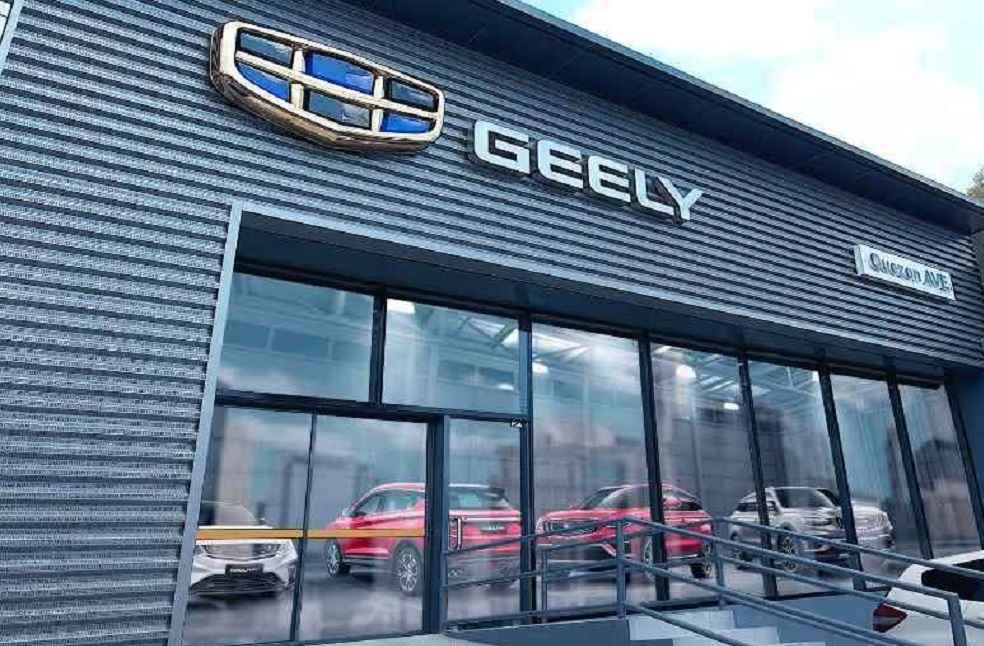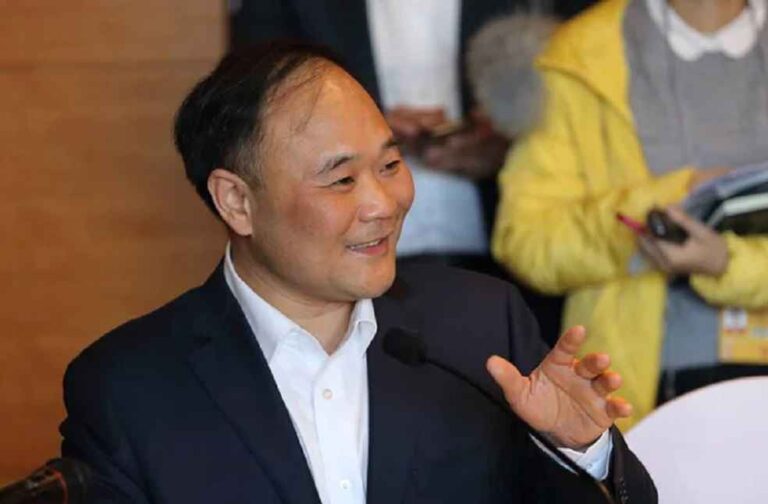Geely Auto, China’s second-largest carmaker, has announced a strategic decision to stop building new car plants in response to severe global overcapacity. Chairman Li Shufu made the announcement during the Chongqing Auto Show, signalling a broader shift in the automotive sector as Chinese manufacturers grapple with shrinking profit margins and intense price competition.
“The global automotive industry is mired in severe overcapacity woes, [so] we have decided to stop building new car plants,” Li said in a video message shared online. He stressed that the company would prioritize advancing its technological capabilities to strengthen its role in the future of mobility rather than expanding manufacturing infrastructure.
The decision comes amid a fierce price war in China’s automotive market. Major manufacturers, including BYD, Geely, and Leapmotor, reduced prices of 70 models by up to 20% in late May to defend market share, according to the 21st Century Business Herald. Discounts offered by Chinese automakers surged to a record 16.8% in April, compared to 8.3% earlier in 2024, as reported by JPMorgan Chase.

Industry analysts view Geely’s move as a signal for other domestic carmakers to adopt similar strategies aimed at fostering sustainable growth. “By reducing capacity, the problem arising from a brutal discount war can also be addressed as companies do not have to slash prices of their vehicles to clear big inventories,” said Chen Jinzhu, CEO of Shanghai Mingliang Auto Service.
Li noted that existing global capacity could be leveraged as Geely pursues its international expansion in a cooperative manner. In February, the company revealed plans to utilize Renault’s manufacturing plant in Brazil to support its operations in Latin America.
However, Li also warned that unchecked overcapacity and weak sales could erode Chinese EV manufacturers’ competitive edge in cost and production efficiency. This could undermine their global ambitions if not carefully managed.
Geely Auto, headquartered in Hangzhou, Zhejiang province, delivered 2.18 million vehicles in 2024, up 32% from the previous year. Electric vehicle sales saw a 92% year-on-year surge, exceeding 888,000 units. The automaker operates brands such as Zeekr, Lynk, and Galaxy and is part of Zhejiang Geely Holding Group, which also owns Volvo Cars and holds a stake in Daimler, the parent of Mercedes-Benz.

The company reported an underlying net profit of 8.5 billion yuan ($1.2 billion) in 2024, a 52% increase year on year. Nationwide, EVs accounted for more than 60% of total car deliveries last year, according to the China Passenger Car Association. Despite this growth, only half of China’s EV production capacity, roughly 20 million units, was utilized in 2024, according to Goldman Sachs.
Export growth is emerging as a key strategy to enhance profitability. JPMorgan’s Asia-Pacific auto research head Nick Lai noted that Chinese EVs command higher margins abroad. From January to April 2025, EVs made up 33% of China’s total vehicle exports, up from 25% in the prior two years.
Interest in Chinese EV technology is also rising in Europe. Carlo Diego D’Andrea, chairman of the EU Chamber of Commerce’s Shanghai chapter, highlighted increasing demand for localization of Chinese technologies in Europe. “I hope the [ongoing] dialogue between Europe and China will bring better results and lead to more jobs by Chinese companies,” he said, adding that European nations prefer full supply chain investments over knock-down assembly setups.
HISTORY | Is Elon Musk the Founder of Tesla: Here’s the Reality





